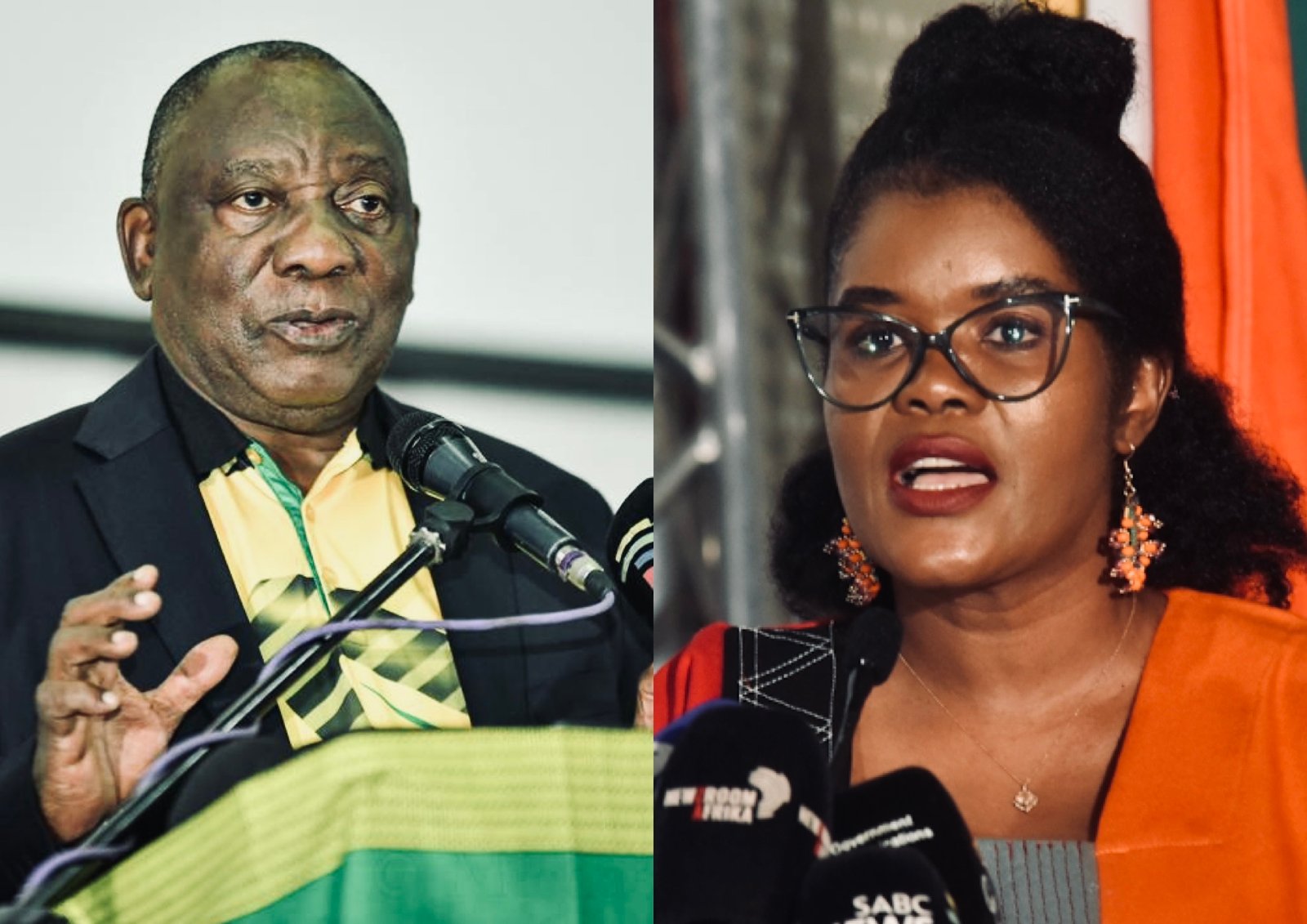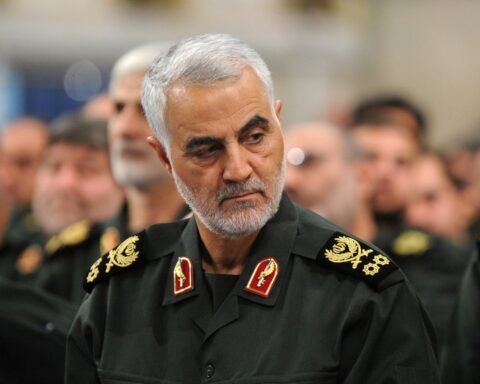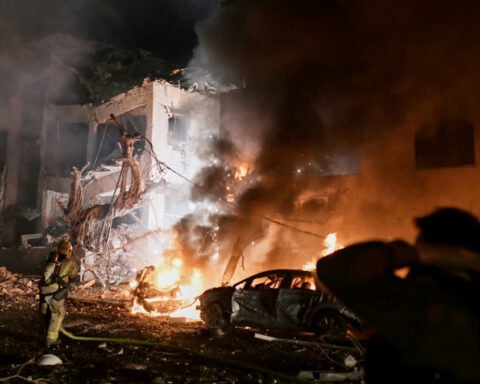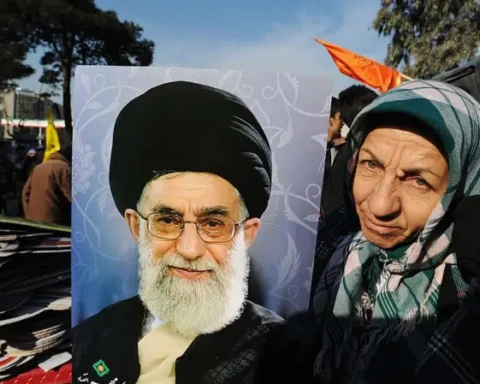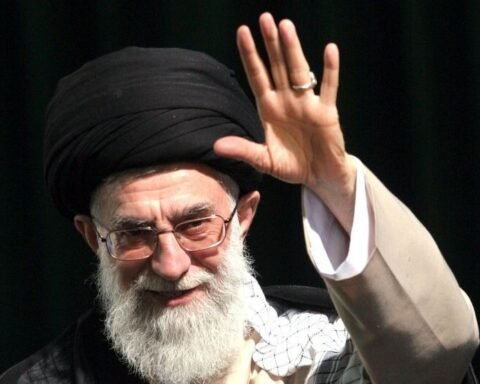President Cyril Ramaphosa has appointed Buti Manamela as South Africa’s new Minister of Higher Education and Training, following the abrupt removal of Dr Nobuhle Nkabane from the role.
The announcement, made on Monday, comes amid rising political pressure and concerns over alleged misconduct within the Ministry. It’s the latest in a series of leadership changes designed to protect the fragile balance within the country’s Government of National Unity and ensure the smooth passage of the crucial Appropriation Bill in Parliament.
Dr Nkabane, who had served in the position for just under a year, offered a dignified farewell, expressing gratitude to the President for trusting her with the responsibility.
“I would like to take this opportunity to sincerely thank the President of the Republic of South Africa, H.E. Cyril Ramaphosa, for entrusting me with the responsibility to serve as Minister of Higher Education and Training.”
Her departure follows mounting criticism, particularly over alleged irregularities in board appointments to Sector Education and Training Authorities (SETAs)—public bodies that play a crucial role in bridging the country’s skills gap.
The controversy came to a head when the Democratic Alliance (DA), a key coalition partner, demanded her dismissal, threatening to derail budget proceedings if action wasn’t taken.
The newly appointed minister, Buti Manamela, is no stranger to the department. A seasoned politician and activist, he has served as Deputy Minister of Higher Education and Training since 2017. Before that, he was Deputy Minister in the Presidency for Planning, Monitoring and Evaluation.
Manamela rose through the ranks of youth politics, starting in the South African Students Congress (SASCO) and later becoming National Secretary of the Young Communist League of South Africa (YCLSA). He has long been an advocate for free and decolonized education, especially in the wake of the #FeesMustFall movement.
Also sworn in this week was Dr Nomusa Dube-Ncube, the former Premier of KwaZulu-Natal, who now takes up the position of Deputy Minister of Higher Education. Her appointment is expected to bring renewed focus and administrative rigor to the department.
South Africa’s higher education sector has long been under strain. From ongoing student protests over tuition fees, funding challenges in universities, and the poor state of Technical and Vocational Education and Training (TVET) colleges, to high rates of graduate unemployment, the new ministers inherit a portfolio in urgent need of reform.
Also Read; Ukraine, Russia Set to Resume Talks in Türkiye
At the center of the controversy were accusations that Nkabane oversaw politically motivated appointments to the SETA boards—bodies responsible for overseeing skills development in sectors like agriculture, ICT, mining, and construction. These institutions are vital to addressing youth unemployment, which currently stands at over 45% according to recent statistics.
The reshuffle has drawn applause from civil society, academia, and even within the ruling party. The South African Union of Students (SAUS) welcomed the change, calling it “a step in the right direction for students who have long felt abandoned.”
Political analysts say Ramaphosa’s decision reflects an effort to strike a balance between maintaining coalition unity and reinforcing accountability. With a looming national budget vote, the President had little room for error.
With Buti Manamela now at the helm, the pressure is on to deliver. His agenda includes restructuring SETAs, improving TVET colleges, fast-tracking funding reform, and enhancing the digital infrastructure in higher learning institutions. His past work on aligning higher education with national development goals gives hope to some that change is possible.
However, much will depend on how effectively the new leadership navigates internal bureaucracy, budget limitations, and political expectations. South Africa’s young population—many of whom look to education as a pathway out of poverty—will be watching closely.

